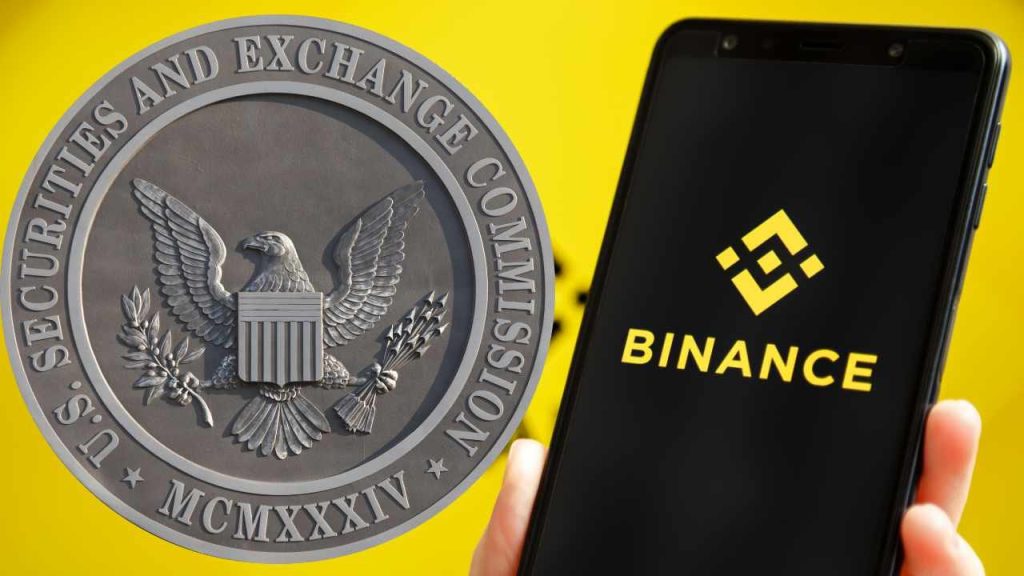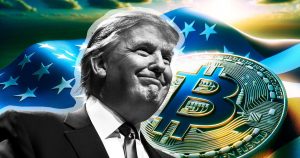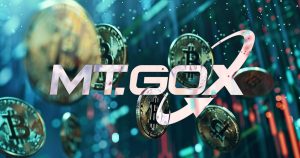Navigating the Digital Asset Landscape: A Critique of SEC’s Regulation Tactics

Digital Asset Regulation
In the ever-evolving world of cryptocurrencies and digital assets, regulatory frameworks play a crucial role. However, not all regulations are received positively by industry leaders. Recently, the CEO of Binance US voiced concerns over the tactics employed by the U.S. Securities and Exchange Commission (SEC) in regulating digital assets.
Understanding the Role of SEC in Crypto Regulation
The SEC is a key regulatory body in the United States responsible for overseeing securities markets. Its role extends to ensuring fair practices in the rapidly growing cryptocurrency sector.
The SEC’s Approach to Digital Assets
The SEC’s approach to digital assets has been a topic of much debate. It focuses on protecting investors and maintaining fair, orderly, and efficient markets.
Binance US CEO’s Criticism
The CEO of Binance US, a major player in the crypto exchange industry, has raised concerns about the SEC’s tactics. These criticisms shine a light on the complexities of regulating a novel and fast-paced industry.
Key Points of Critique
The CEO’s critique revolves around the perceived inefficiencies and lack of clarity in the SEC’s regulatory framework for digital assets. This includes concerns over the processes and guidelines set forth by the commission.
Impact on Crypto Businesses
These regulatory challenges are not just theoretical. They have tangible impacts on how crypto businesses operate and innovate in the U.S. market.
The Balancing Act: Regulation vs. Innovation
At the heart of this critique lies a fundamental tension between regulation and innovation. The crypto industry is known for its rapid evolution, and regulatory bodies struggle to keep pace.
Finding Common Ground
It’s crucial for regulators like the SEC and industry leaders to find common ground. This involves creating regulations that protect investors while fostering innovation.
The Future of Crypto Regulation
The path forward for crypto regulation is uncertain. It requires a nuanced understanding of the technology and its potential impact on the financial landscape.
The Global Context
This regulatory debate is not limited to the United States. Around the world, governments are grappling with how to regulate digital assets effectively.
International Regulatory Trends
Countries vary widely in their approach to crypto regulation. Some are more open and progressive, while others maintain a more cautious stance.
Learning from Global Practices
There’s much to be learned from the regulatory practices of different countries. This includes both successful strategies and cautionary tales.
The critique by the CEO of Binance US highlights the need for a more refined approach to digital asset regulation. It’s a call for clarity, efficiency, and a balance that supports innovation while protecting investors.
FAQs
- What are digital assets? Digital assets include cryptocurrencies, tokens, and other digital forms of value or rights.
- Why is the SEC’s approach to digital asset regulation criticized? Criticisms center on perceived inefficiencies, lack of clarity, and the potential stifling of innovation.
- What is the impact of SEC regulations on crypto businesses? These regulations affect how crypto businesses operate, innovate, and manage compliance in the U.S.
- Why is finding a balance in regulation important? A balanced approach ensures investor protection while fostering technological innovation and growth.
- How do global regulatory practices vary? Countries differ in their regulatory stance towards digital assets, ranging from open to cautious approaches.





